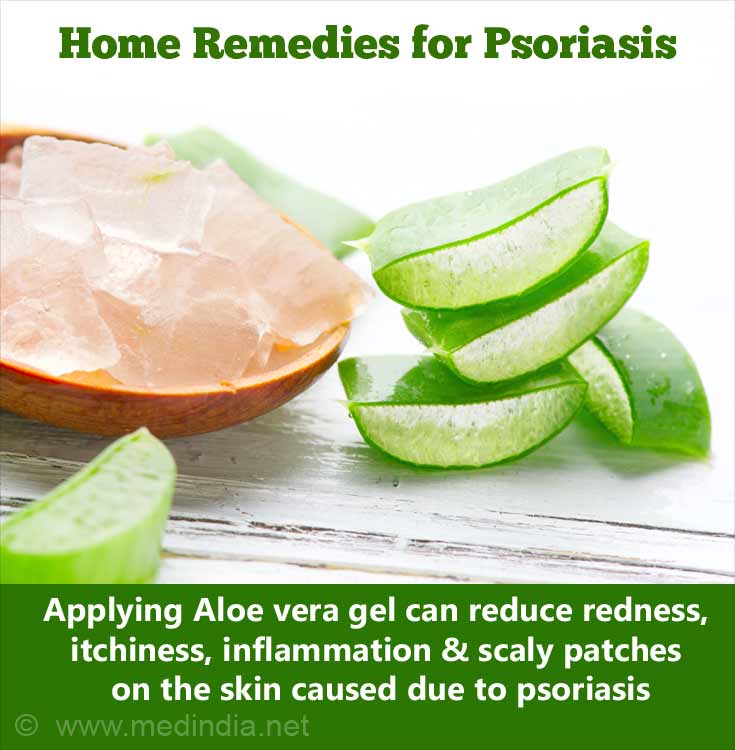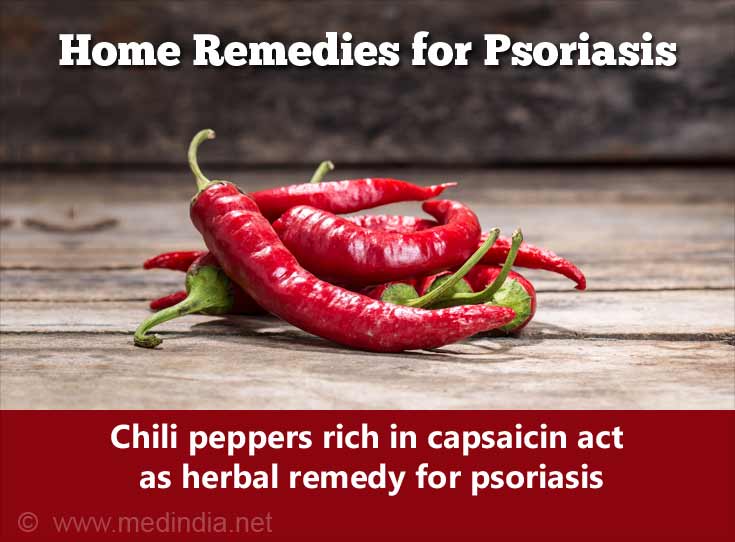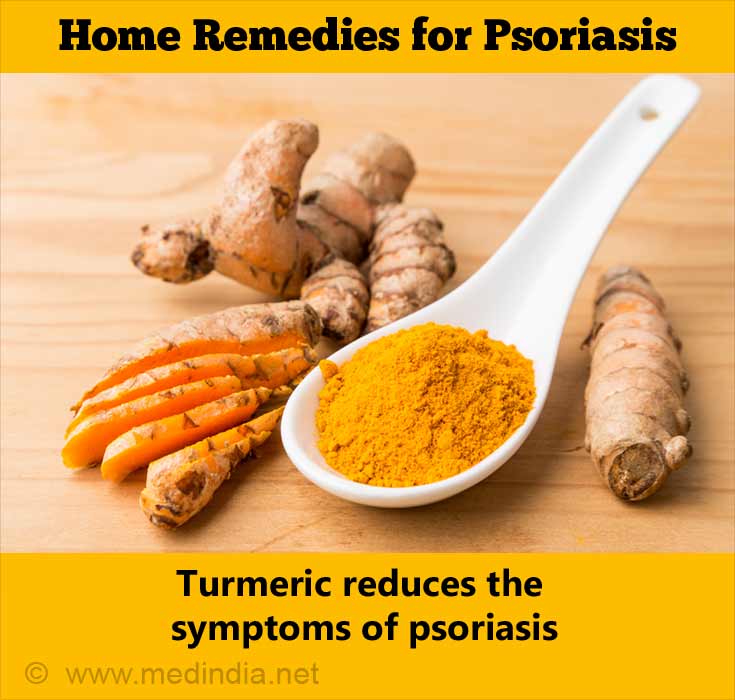What is Psoriasis?
Psoriasis is a chronic skin disorder in which immune-mediated skin inflammation occurs. The disease can be seen in the form of a few scattered, red, scaly patches on the skin. The disease may progressively lead to a considerable psychological disability and also have a significant effect on the patient’s life. Psoriasis is known to be further associated with cardiovascular disease, depression, and psoriatic arthritis.
Cause of Psoriasis
The cause of psoriasis is not very well known, but several risk factors increase the susceptibility of the individuals to acquire psoriasis. These include family history and environmental factors such as smoking, stress, obesity, and alcohol consumption.
Current research has found that in individuals with psoriasis, the T cells of the immune system are triggered and become overactive. They start acting against the body’s own cells triggering the formation of inflammatory chemicals, which causes the rapid growth of skin cells. This rapid growth and build-up of skin cells is the reason behind the appearance of psoriatic plaques.
Home Remedies for Psoriasis
Conventional treatments of psoriasis are often associated with adverse reactions as well as limited efficacy. Hence, the patients always look out for herbal remedies for psoriasis.
Aloe Vera
Research evidence suggests that Aloe Vera gel is helpful in alleviating the redness and scaling of the skin, which may be caused due to psoriasis. A natural home remedy for psoriasis involves the application of the Aloe Vera gel on the affected skin for about 3 times a day. When buying a marketed product for psoriasis treatment, always look for creams containing 0.5% of aloe.
Aloe extract is obtained from the leaves of the Aloe Vera plant and is used as an essential ingredient in creams and ointments to reduce redness, scaly patches on skin, itchiness, and inflammation. Research studies have revealed that Aloe Vera has chemicals like anthraquinone and acemannan, which have antibacterial activity and can be used in clearing off dry patches or scaly patches of psoriasis. Another component salicylic acid is a keratolytic agent, which is efficacious in the desquamation of psoriatic plaques.
It has been reported that the use of Aloe vera in cutaneous treatment is well-tolerated by patients.

Apple Cider vinegar
Apple cider vinegar (ACV) is a wonderful remedy for the treatment of scalp psoriasis. It has been widely used in ancient medicine as an effective disinfectant. When used for psoriasis treatment, it can relieve itchiness of the dry scalp. A bottle of apple cider vinegar is easily available from grocery shops and can be applied to scalp several times in a week.
It has been suggested that it should be used in a ratio of 1:1 dilution with water to prevent burning sensation on the dry scalp. It finds use in home remedies for psoriasis, where it is suggested that apple cider vinegar should be applied on the scalp and rinsed off with water once it has dried up.
Capsaicin
Chili peppers are also claimed to be one of the most effective and helpful herbal remedies for psoriasis. The active chemical ingredient present in chili pepper is capsaicin. It works by inhibiting the nerve endings, which may cause pain in patients who have psoriasis. Capsaicin is the active ingredient of chili peppers that forms an integral ingredient of numerous creams and ointment available as over the counter product. It is used in psoriasis treatment to reduce the pain, inflammation, redness, and scaling associated with psoriasis.

Tea Tree oil
Tea tree oil belongs to an Australian tree and possesses antiseptic properties and can be directly applied to the dry scalp for the treatment. People use tea tree oil shampoo to alleviate the symptoms of scalp psoriasis. Tea tree oil can be used for topical application in psoriasis treatment for the alleviation of dry patches or scaly patches.
Turmeric
Turmeric is armed with powerful anti-inflammatory and antioxidant properties. It is claimed to be one of the best herbal remedies for psoriasis. Turmeric has an active chemical ingredient called curcumin, which has been studied to be instrumental in changing the gene expression. Research studies have claimed that turmeric can alter Tumour Necrosis Factor (TNF) cytokine expression. Turmeric is also effective in the treatment of psoriatic arthritis and in reducing the symptoms of psoriasis.
Turmeric should be liberally added to foods such as curries. Turmeric is also available as over the counter product in the form of concentrated pills or supplements. As per the FDA, 1.5 to 3.0 gm of turmeric can be taken safely as daily doses.

Oregon Grape
Oregon grape or Mahonia aquifolium is an herbal remedy for psoriasis, which possesses strong antimicrobial property. It plays an important role in eliciting an immune response. Research studies have proven that when cream containing 10% Mahonia is applied on the skin, it can prove to be an effective treatment for mild to moderate form of psoriasis. It has been suggested that when used as home remedies for psoriasis, Mahonia should only be used for topical application. The bark extract is used as a home remedy for psoriasis.
Fish Oil
Fish oil supplements are rich in omega-3-fatty acids and are helpful in psoriasis treatment. It reduces inflammation of the skin. The daily recommended dose of fish oil supplement is 3 grams or less.
Self-Help and Lifestyle Changes
These measures are significant in improving the condition and appearance of skin such as dry scalp, dry patches, itchiness, and scaly patches. It is important to take regular baths, because, it helps in removing scales and soothes inflammation of the affected skin. The use of colloidal oatmeal, Epsom salts or Dead Sea salts is recommended as an herbal remedy for psoriasis; these are added along with bath oil to the water and soap. Use mild soaps with added fats and oils and use lukewarm water to take a bath.

It is extremely essential to use liberal amounts of moisturizer. Apply moisturizer when the skin is still wet. It is preferable to use ointment-based moisturizers. For very dry skin with dry patches, body oils should be preferably used, as they are more effective in preventing the evaporation of water from the body. Apply moisturizer several times during cold or dry weather. It has been reported that the use of alcohol can reduce the effectiveness of psoriasis treatments, and hence, it should be completely avoided. There are various triggers such as infections or injuries to your skin, stress, smoking, and intense or overexposure to sunlight, which can aggravate the condition of psoriasis. These triggering factors should be avoided in routine life.
Controlled Exposure to Sunlight
It has been suggested that exposure to small amounts of sunlight is beneficial for psoriasis affected skin. It can bring about a significant improvement in the lesions. Hence, overexposure to the sun should be avoided, and always make sure to use sunscreen when going out in the sun to prevent the condition from worsening.
Home Phototherapy
Home light units available can be used in home phototherapy for psoriasis treatment. The unit can be chosen depending on the skin type of the individual. Home phototherapy makes use of ultraviolet B phototherapy in alleviating the symptoms of psoriasis. The targeted UVB phototherapy provides localized psoriasis treatment and does not damage or harm the skin unaffected by psoriasis.








